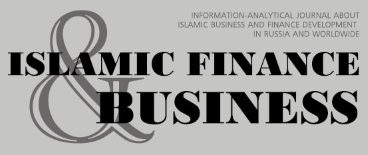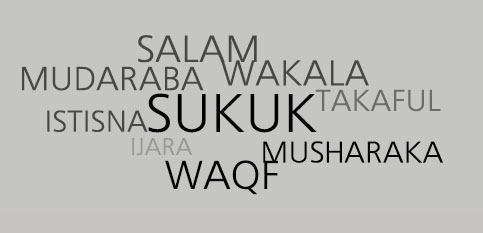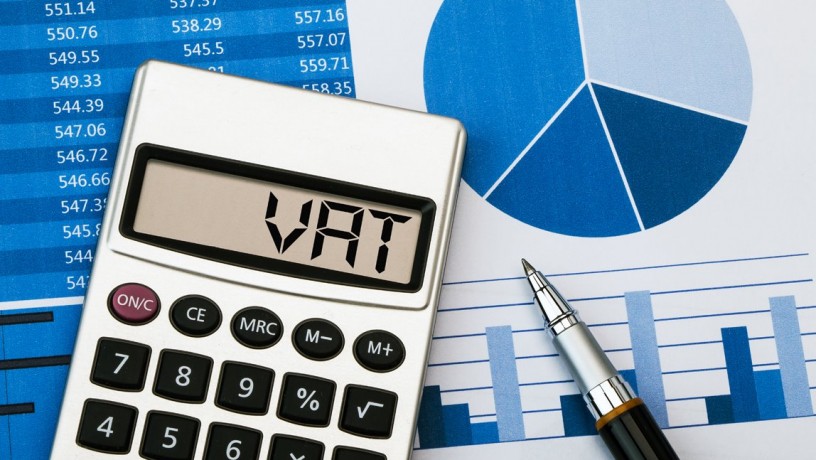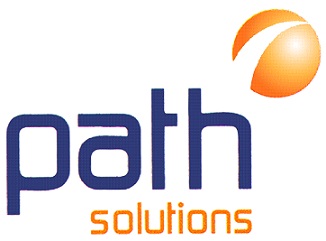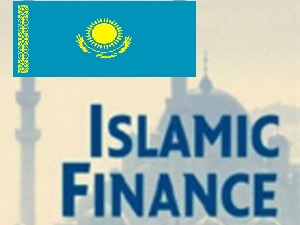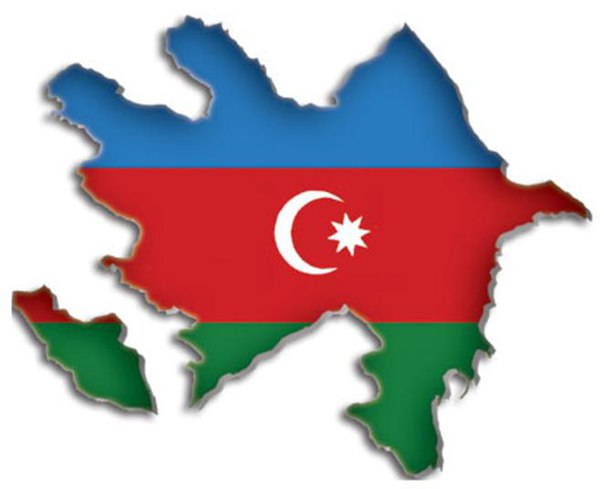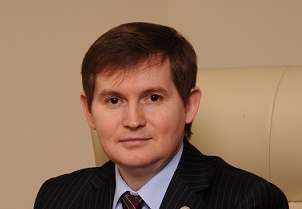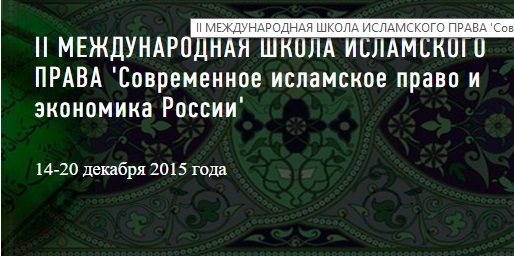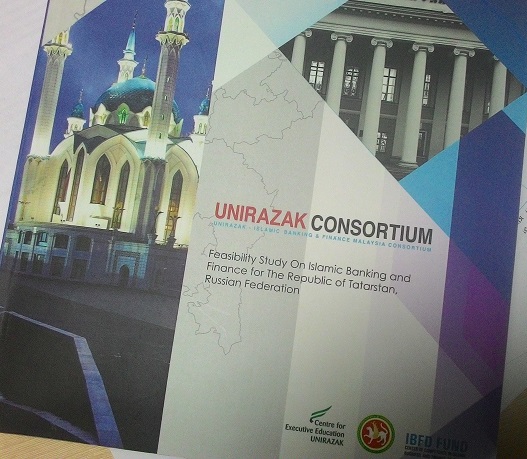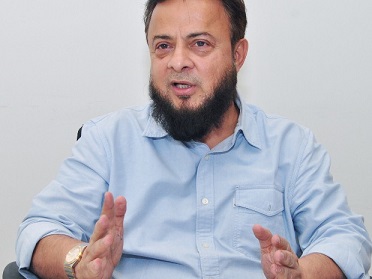Sukuk has certain implicit features that makes them different from Riba securities. The most clear difference between them is in what owning them means. In the case of sukuk, investors own part of the capital and receive benefits from increases in its value.
The types of capital backing sukuk may include property leasing, industrial projects, commercial projects, or other types of investments. The increase in value in sukuk comes from the success of these projects, which can vary in risk, rather than in interest rates or credit ratings.
Riba securities are essentially based on interest. The issuer pays out according to the interest rates agreed on, rather than based on the value of the capital backing the securities. This arrangement is Riba due to the fact that it embodies a loaner and loan recipient relationship which involves interest. So, how are profits in sukuk determined? Essentially, it can vary depending on the type of sukuk. However, the main point is to avoid the use of interest in the transaction, which does not comply with Shariah. Some types of security imply a partnership in a join economical venture, while others have fixed returns on capital based on expected outcomes and projections. Some are directly tied to an industrial project or an asset in particular.
One of the most misunderstood principles of sukuk is how capital is guaranteed. Legally, Riba securities guarantee the principal capital through the use of debt with interest. This motivates investors that are looking to avoid risk. In the case of sukuk, there are also ways to guarantee capital without resorting to Riba. For example, Murabah securities guarantees capital by purchasing the assets in cash and acting as an intermediary. This means that if these securities are cashed on the secondary market, there is a principal profit and an increase in value based on profit projections that is guaranteed. Sukuk issuers can also guarantee principal capital and returns by purchasing insurance for the projects involved and through smart risk management. A third party can also act as an intermediary, guaranteeing the principal capital and a certain return in sukuk; for example, a government may do so as part of an economic development plan.
Source:
IslamicFinance.com
 Contacts |
Contacts |
 Русский
Русский

